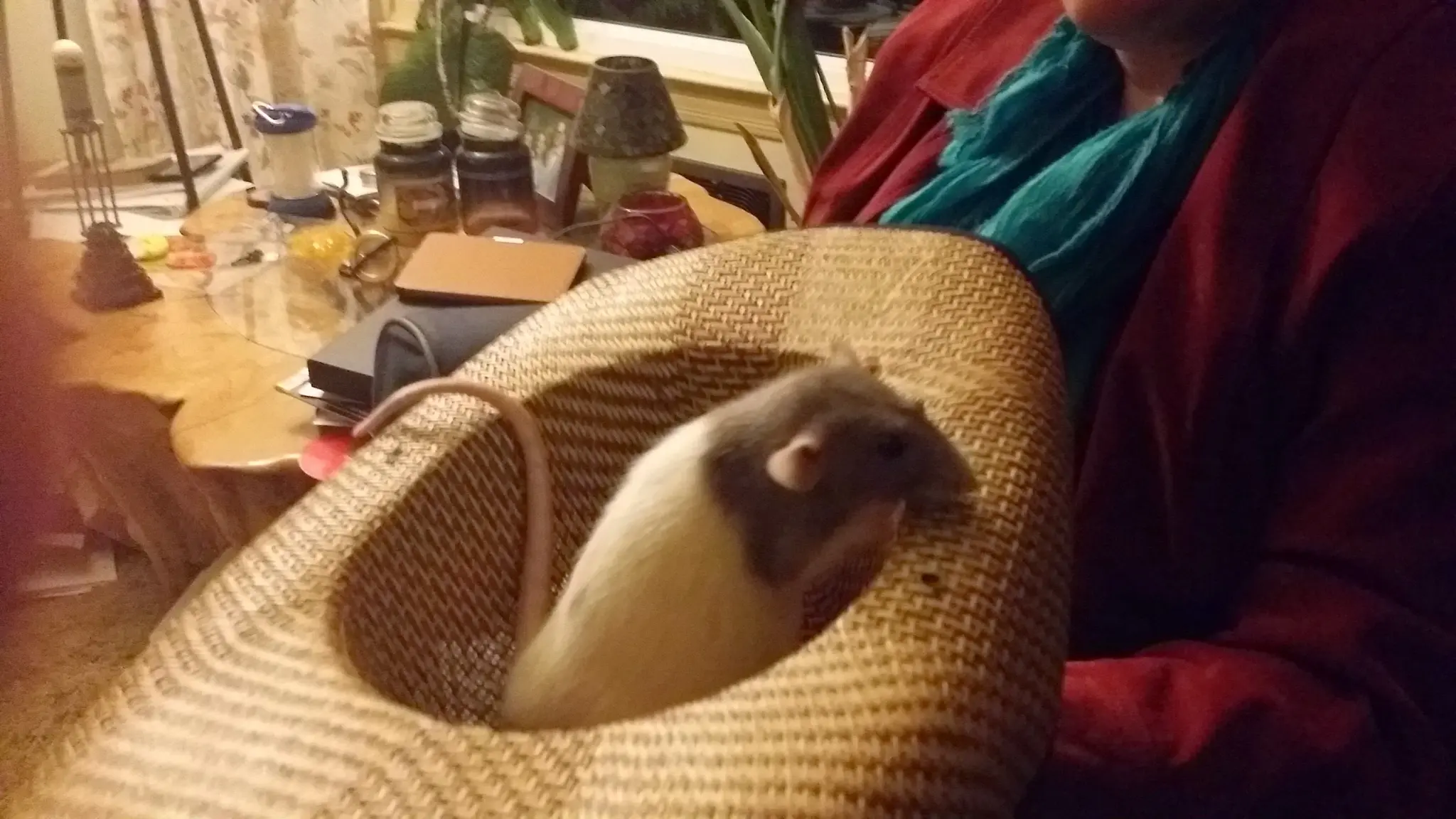I own red eared slider turtles, while not exactly exotic it’s funny that the three things they are known for by owners are things normal folks would not expect.
- Turtles are escape artists. Because they need so much water to swim in and need basking areas, you’ll generally want to fill your tank up as high as you can, and then have a basking platform up there. They will use those and filters to try to escape. They may succeed. There are a ton of questions/guides online to address this https://www.youtube.com/watch?v=QHbV5nsDCb8&ab_channel=TheTurtleGirl
- They are destructive. You will want to have a filter for them, and they will attack the filter with the fury of a bored creature attacking the thing making a noise. Many filters will fall to their wrath. If you google it you’ll find ton of stories of turtles destroying filters/water heaters. https://www.youtube.com/watch?v=cnD3cKuFOa0&ab_channel=HMoore
- They smell. How can such a small creature smell so powerfully? Magic.
Any other pet owners have secrets about their type of pet?
I breed various species of roaches (Emerald roaches, Madagascar hissing roaches, glowspot roaches and Simandoa conserfariam). They are very social creatures with favourite sitting spots and fights when someone challenges that. There are also only very few species that infest homes (about 20-30 out of 4600) the rest live in forests and caves and don’t want to have anything to do with humans. They also clean themselves a lot. There are also a lot of very pretty species.
Lifespan: Chinchillas have a long lifespan, and potential owners should be prepared for a commitment that could last 10 to 20 years.
Social creatures: Chinchillas are social animals and may benefit from having a same-sex companion to prevent loneliness and boredom.
Special diet: They require a specialized diet consisting of high-fiber hay, chinchilla pellets, and occasional treats. They should not be fed sugary or fatty foods.
Dust baths: Chinchillas need regular dust baths to keep their fur clean and healthy. The dust absorbs excess oils and moisture from their fur.
Temperature sensitivity: Chinchillas are sensitive to heat and should be kept in a cool environment, ideally between 60-70 degrees Fahrenheit (15-21 degrees Celsius).
No water baths: They should never be bathed with water as their dense fur takes a long time to dry and can lead to health issues.
Chewing habits: Chinchillas have constantly growing teeth, and they need appropriate chew toys to prevent dental problems.
Escape artists: Chinchillas are excellent escape artists, so their cages and play areas need to be secure.
Regular exercise: They need opportunities for exercise and playtime outside of their cage.
Veterinary care: Regular check-ups with an exotic pet veterinarian are crucial to monitor their health and catch any potential issues early on.
Quiet and calm environment: Chinchillas are sensitive to loud noises and sudden movements, so a calm living environment is beneficial for their well-being.
Time and attention: Chinchillas are active and curious animals, requiring daily interaction and mental stimulation.
So. Much. Poop.
Oh wait, so if they don’t have chew toys, can it grow long enough to harm themselves?
That’s super sad! They are the cutest little things.
That’s my understanding of it. It is apparently common in the rodent family.
Most rodents have continuously growing teeth. Like fingernails. In the wild, they constantly gnaw on stuff to sharpen and wear down those teeth.
As pets, if they are fed only soft food, and aren’t given something tough to gnaw on, the teeth won’t wear, and will just keep growing until the animal can no longer close their mouths.
This can be addressed by a visit to the vet, who will grind down the teeth, but you can only get to this point by seriusly neglecting your pet.
I had a rabbit whose teeth didn’t meet so couldn’t wear down by eating. Every 6 weeks I had to go to the vets and he clipped the teeth with nail clippers. It freaked me out so much.
African Pigmy Hedgehogs are incredibly cute and have a lot of personality but are incredibly sensitive to it to their environment and will die unless properly taken care of.
For instance!
- They need to exercise or else they will gain weight and die from obesity.
- But don’t get the kind of rodent wheels with supporting bars because they’ll turn their head while running and potentially break their neck.
- Also, don’t get the wheels with mesh/holes on their running surface as their toes or paws can get stuck and lead to injury.
- They will poop and pee constantly in their area, which means daily cleaning.
- Their nails/claws grow fast and must be clipped or they will start to grow back up into the bottom of their paws.
- They need 8 hours of “day light” in the form of a lamp or their body will think it’s hibernation time.
- They must be kept around 65°F-90°F or they’ll either think it is winter and try hibernating, or they will overheat and die.
- They can be tumor machines. Our one hedgehog Prickles had a hysterectomy after developing tumors in her uterus. She also developed multiple mouth tumors.
Picture for reference: https://imgur.com/a/nBkbHpA
They will poop and pee constantly in their area
TIL I’m a hedgehog.
Lmao for real though I had no idea how fragile they are! Some animals are really specialized to their very specific environment.
Pet rats are awesome! They’re domesticated and used to interacting with people. They have distinct personalities and are very loving. Sadly, they only live about 2.5 to 3 years.


In how far are rats considered exotic? Is it hard to find a vet who knows how to help them?
It’s unusual to have pet rats. Most vets do cats and dogs, and anything else is an afterthought. While there are many vets within 5 miles of me (suburbia), we have to travel over 30 miles to get to a good rat vet. Vets for farmers know more animals, but I wouldn’t expect them to know rats very well.
One time when one of ours got an X-ray, the doctor was comparing to a photo in a large book of X-rays for various animals. I expect that’s an expensive book to buy.
I think it’s more that the majority of people just don’t consider rats as pets. They have this unfair reputation for being dirty disease vectors, which simply isn’t true of well cared for pet rats. They’re no more dirty than a hamster, but hamsters are bitey pricks that are, for some reason, seen as a perfect small pet for kids. Rats are way more fun. You can teach them tricks.








